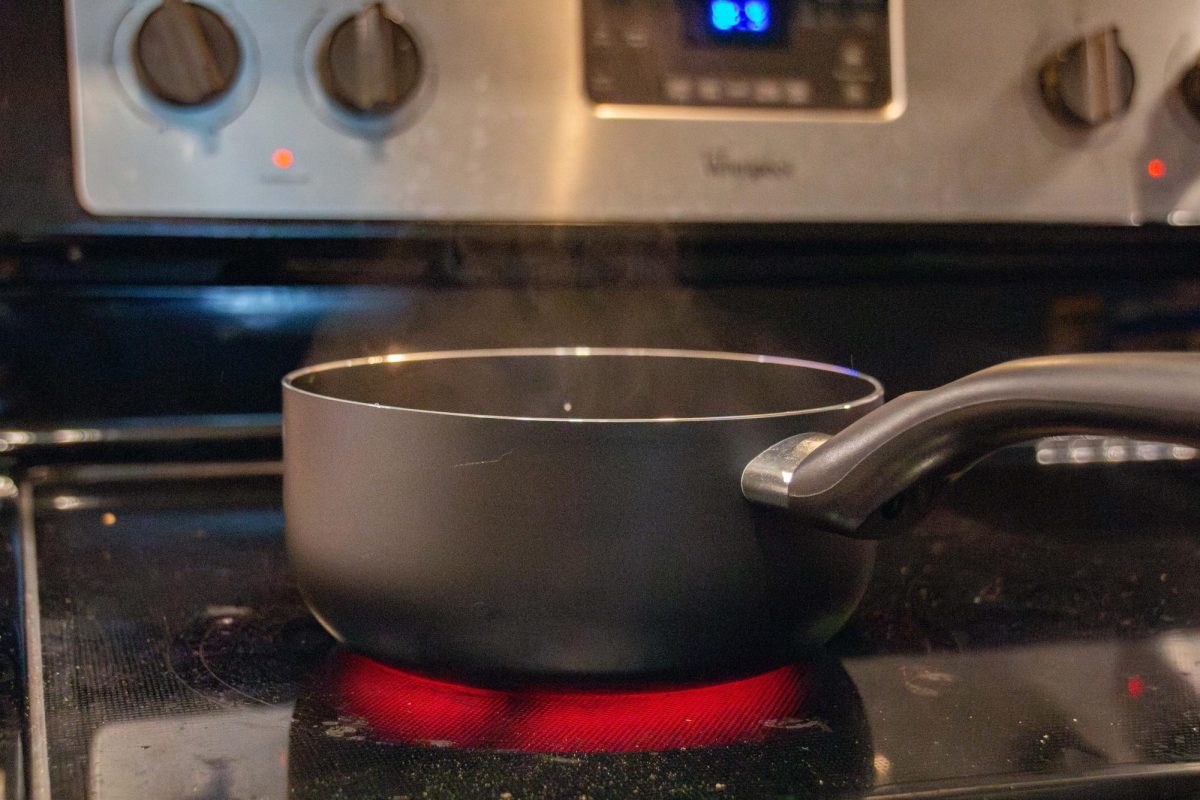The ability to cook is a skill essential for all, but mastered by few. Most people have never formally trained as a chef, and they learn through trial and error as they cook.
When asked if she cooks and if she plans her meals, UMass Boston student Sabrina Fomino said, “Sometimes, just whatever I have in the house.” Most students just cook what’s on hand. Instead of passively cooking, just to satisfy your hunger, try cooking with an active approach. Start with these simple steps to improve your cooking game.
Start with the basics: knife skills and knowledge of flavor combinations are essentials in the kitchen. Online videos or cooking shows on the Food Network help build knife skills and teach other kitchen tips. You can incorporate these skills to prepare your favorite ingredients and meals.
To develop a palate for flavor combinations takes trial and error. Start with flavors you know work together, like garlic and ginger, and build from there. Balancing flavors is a learned technique that takes time. Take inspiration from your favorite meals for flavor combinations that you might like.
You don’t have to adhere to strict rules in the kitchen. Instead, use cooking as an opportunity to create small moments of pleasure with food. Explore with different ingredients and spices to find what you like. Cooking is a form of creative expression, so treat it as such.
However, you don’t have to create all of these ideas from scratch — there are a plethora of resources online. Many chefs display their creativity in the kitchen to inspire others, or share recipes that you can incorporate into your meals. Instagram pages like @justine_snacks or @lahbco use in-season produce and inventive recipes to encourage their followers to create their own meals.
Also, search for social media pages that gear their content towards your lifestyle. Other Instagram pages like @amyycooksfood and @traderjoes5itemsorless show quick meals that can easily adjust to a busy routine. This can help you begin adapting your meals to fit your routine.
Students typically have a busy schedule with very little time to cook entire meals, let alone cook every day. UMass Boston student Kameron Dixon said, “I love cooking.” He uses what his parents buy, but he also plans out meals. “If I’m making a giant hot pocket,” he said, “then I have to prepare that.”
As a student or working professional, preparing meals in advance saves a lot of time and money. Meal preparation takes several forms, ranging from pre-cut ingredients to full meals. Take advantage of the time you have, and plan ahead to the best of your ability.
Here are a few meals that you can prepare in advance to save time in your busy schedule:



